If you’ve been out and about Westford the past few weeks, you have undoubtedly noticed the signs in people’s lawns imploring people to vote for or against the override. It is blatantly obvious that Westford residents have strong feelings towards the override vote, further supported by the overwhelming turnout at the annual town meeting at WA on March 23. In fact, there were too many people to safely fit inside the school, prompting the meeting to be rescheduled outdoors to the WA Trustees Field on April 27.
However, this vote is skewed and unbalanced. A large amount of people who would vote for the passage of the override aren’t US citizens, and therefore are not qualified to vote. This is extremely unfair, as they are paying the same taxes that every other Westford resident is paying.
If you are not yet familiar with the circumstances of the override, here is a brief overview. Westford is currently facing a $6-8 million deficit, and it is left with two options: one, to increase taxes residents are paying; or two, to suffer several cuts to its schools and public services.
Cuts to Westford Academy potentially include losing at least one teacher per department (including guidance) and the loss of several different classes. With teachers being cut, class sizes will increase significantly, leading to several negative effects. Class levels will be combined, increasing the load on teachers, who will then have to plan for two different classes– all in one block. Juniors and seniors preparing for the college process may lose their counselor, forcing them to make one of the largest decisions of their life with someone they are not as familiar with. APs, the ones that remain, may become reliant on a lottery system to determine which students are allowed to take the course. The middle and elementary schools are facing debilitating losses as well.
There is very clearly a lot at stake, especially for WPS.
The schools will be affected the most by a failure of the override, which means that WPS parents are the group that is most likely to vote for the override. 40% of Westford Academy’s students are people of color, the demographic that has the highest rate of non-citizenship. These statistics do not bode well for the success of the override.
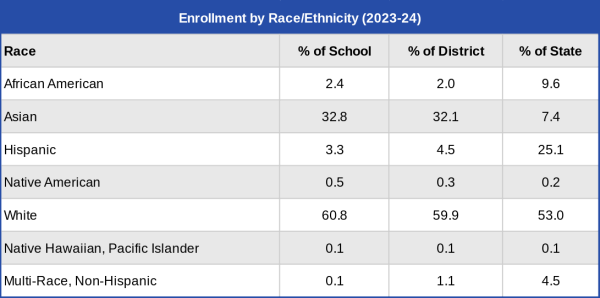
With restrictions on which residents are allowed to actually participate at town meetings, about 40% of them cannot lend their vote. They are not being given a say and they are being robbed of their voice.
Many of these parents came to Westford for its reportedly high quality of education. Westford Academy is a nationally ranked high school renowned for its diverse selection of opportunities and excellent teachers. Now, these same parents aren’t being allowed to vote to preserve the prestige Westford’s school system once had.
If someone works to put money towards their town, they should be allowed to have a say in what the said town does with that money. Especially when it concerns their children and their education. American citizenship has nothing to do with that. It takes approximately five years for someone to be eligible to apply for U.S. citizenship. The wait after that can be much longer. For that duration, those individuals are expected to sit quietly while others get to decide what to do with their money.
Most of these parents aren’t asking to vote in presidential elections. They are asking to have a say in their children’s future. The important thing is giving them the voice they deserve to protect the education system that makes Westford relevant.
Congress passed a law in 1996 that declared non-citizens are not eligible to vote in elections at the federal level, but the law said nothing about state and local elections. Additionally, this situation isn’t an election; it’s a town meeting deciding whether or not we want the schools to lose what makes them stand out.
There have been several instances of Massachusetts towns interpreting this law differently in order to give their residents a say in important votes. For example, in 2000, Cambridge allowed non-US citizens to vote during school committee elections. Why? Because it concerned their children’s education. If Cambrige can allow for something like this to happen, Westford should be able to do the same.
“When elected officials are preaching about representation and participation, what could be more fundamental than allowing parents to have a say about the education of their children?” Cambridge Councilor Jim Braude said in an interview with The Harvard Crimson.
Like Braude said, every parent deserves to have a say in their children’s education. This is true regardless of whether they have been a citizen since birth or have just gotten their visa. A vote as important as the override vote should not be where we choose to look away from those who are willing to do something to save their children’s schools.
The town committee should follow Cambridge’s example and allow for one exception so that non-citizens aren’t powerless to protect the education of the next generation of doctors, engineers, and lawyers. If they are tax-paying residents, they should qualify.
This vote directly affects every person that lives in Westford. Those who aren’t citizens will have their children’s lives impacted without being able to have a say, despite many of them living in this country for years and diligently paying their taxes. ‘No taxation without representation’, Americans just a couple centuries ago used to say. We as a society should work together towards preserving this message, at least for such an important issue.

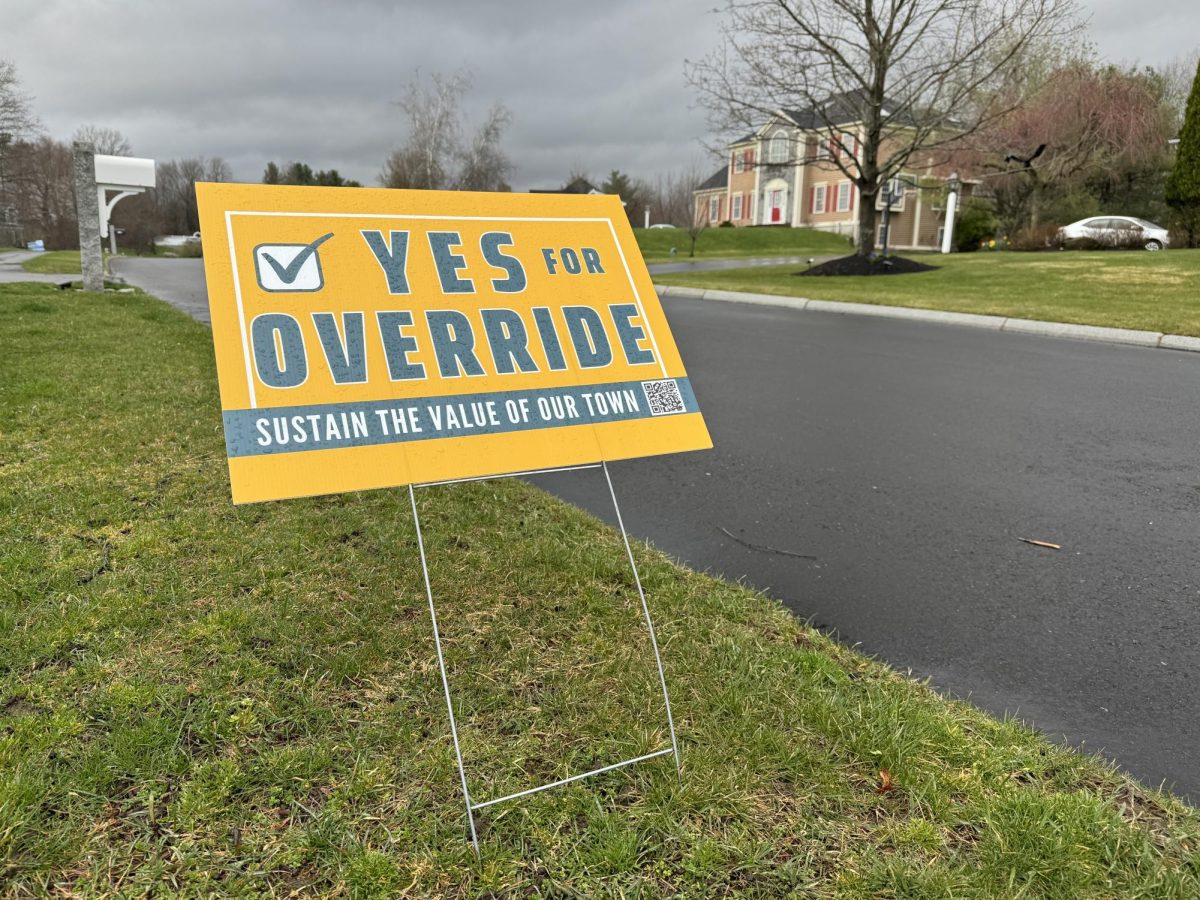
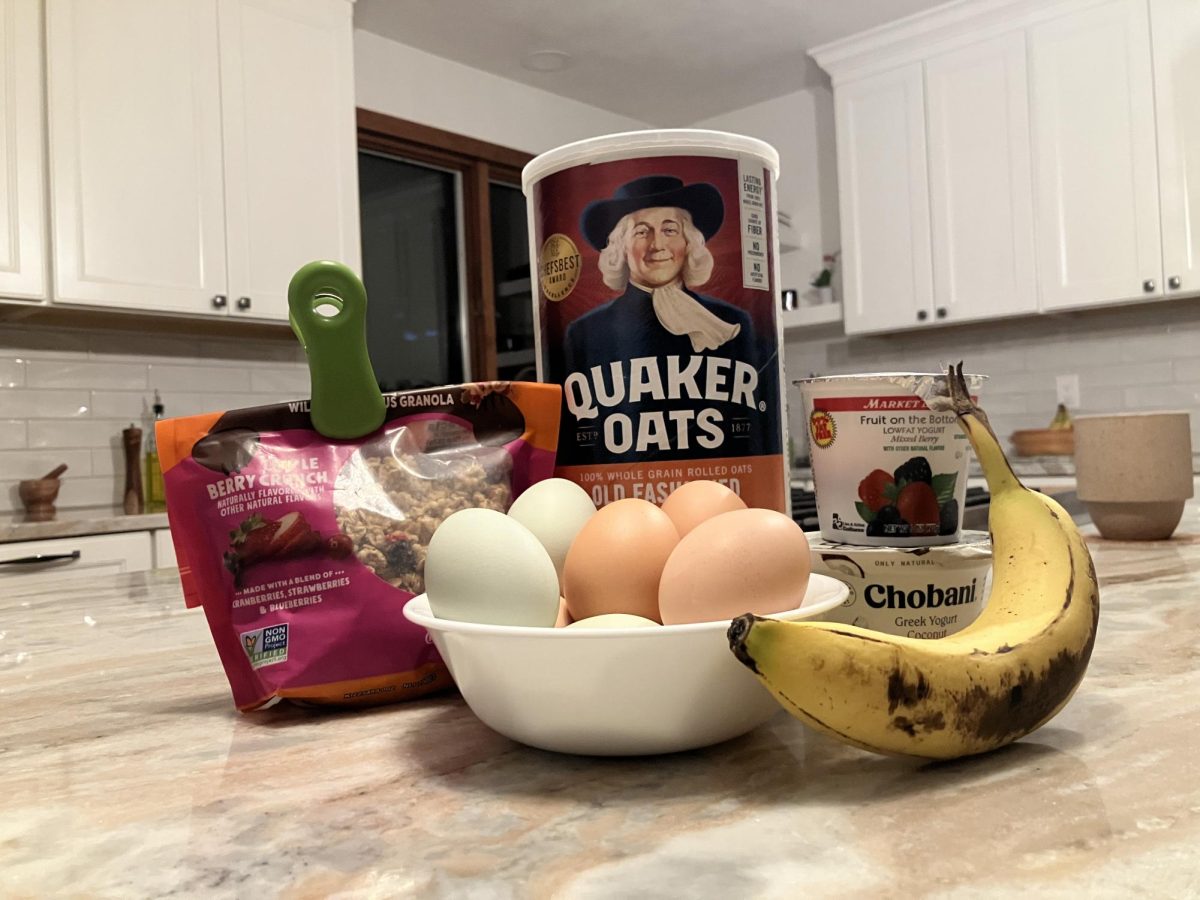
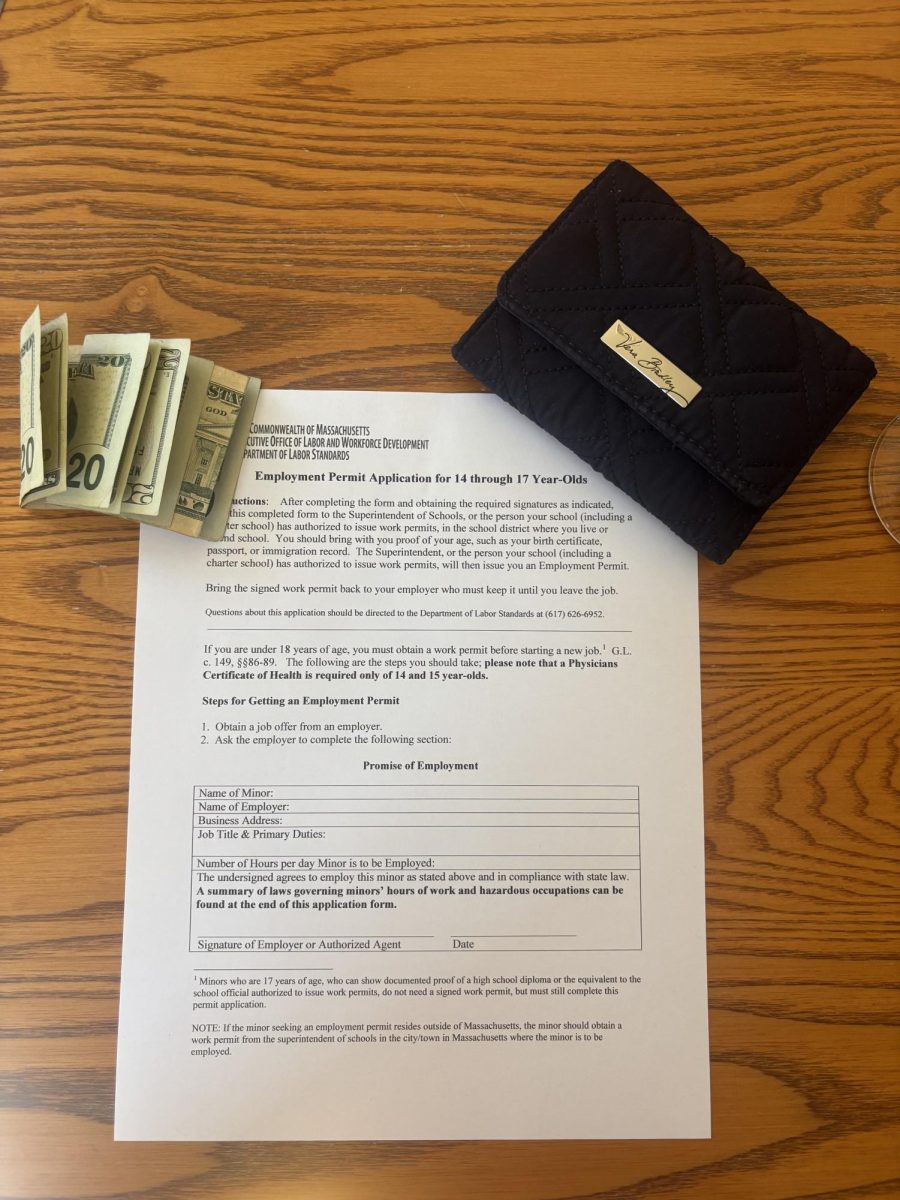
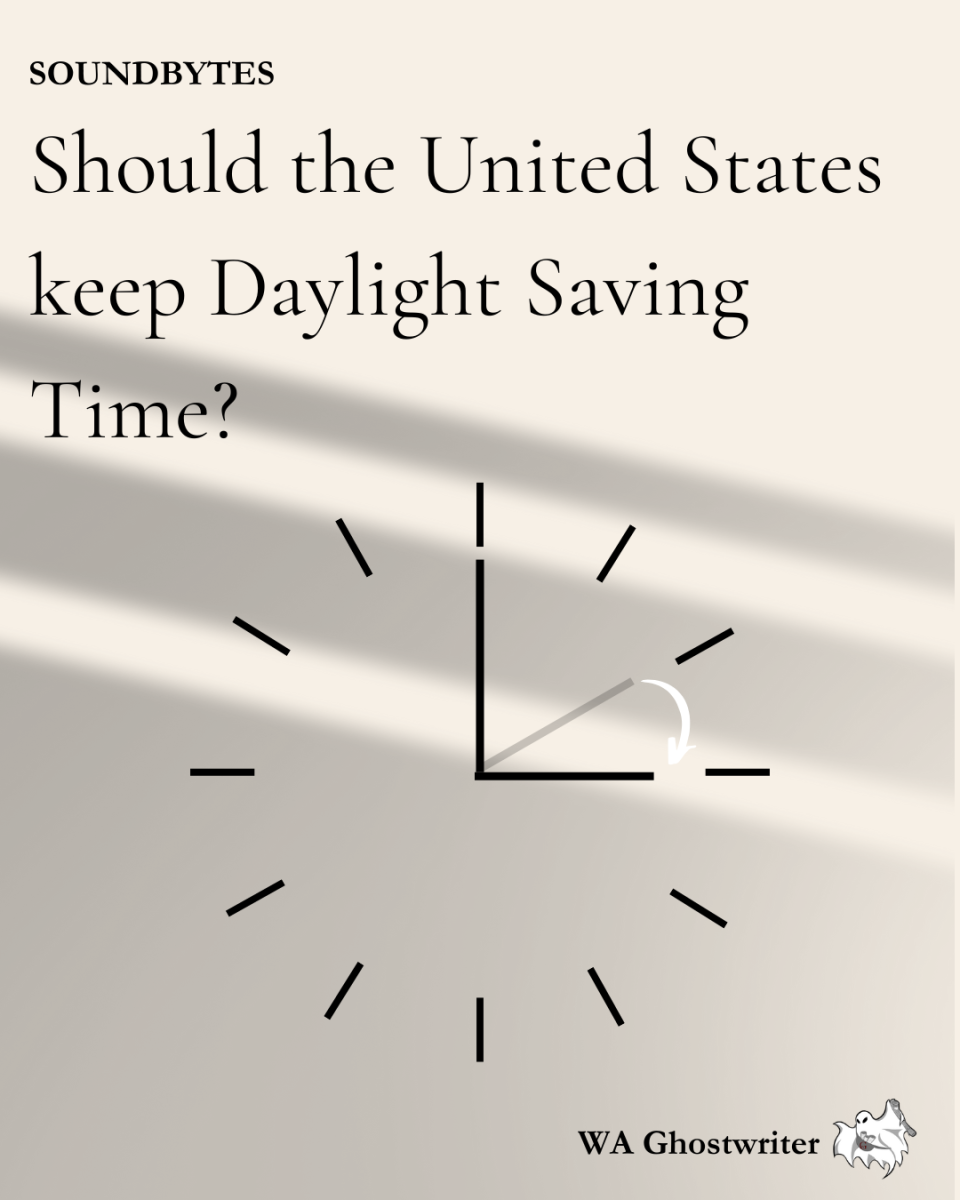
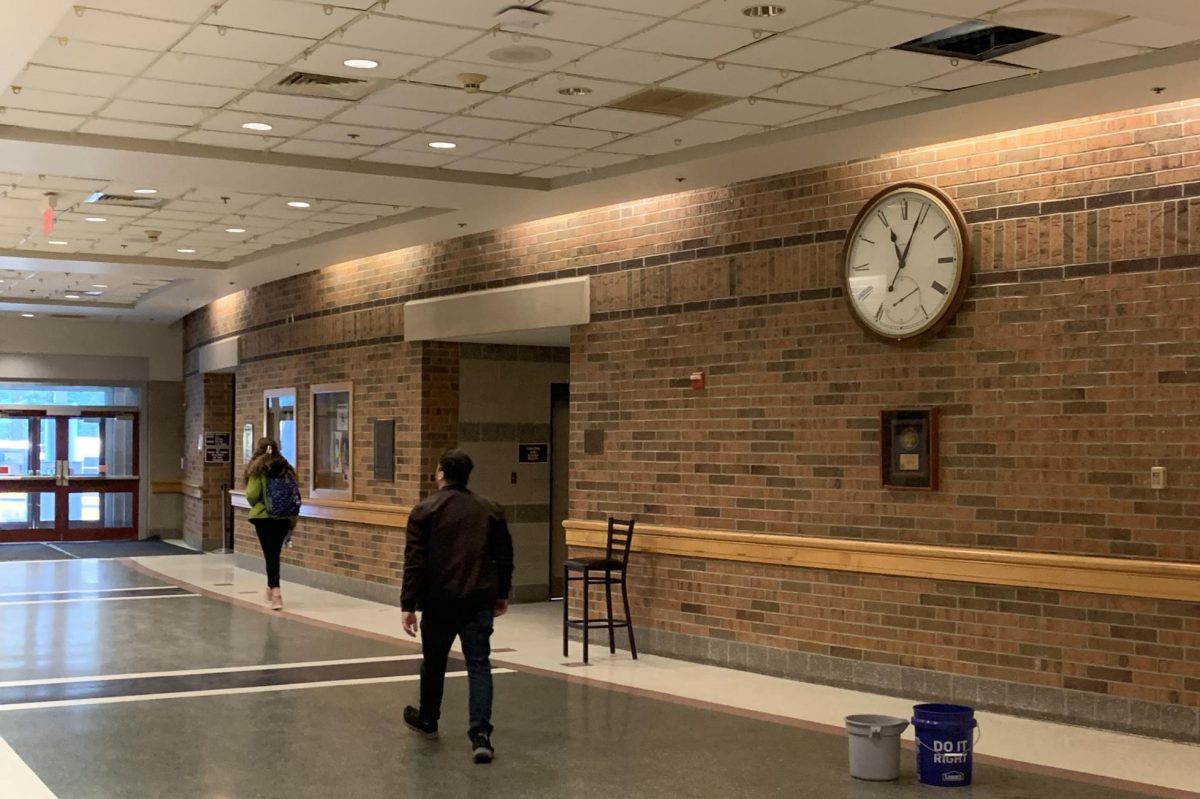
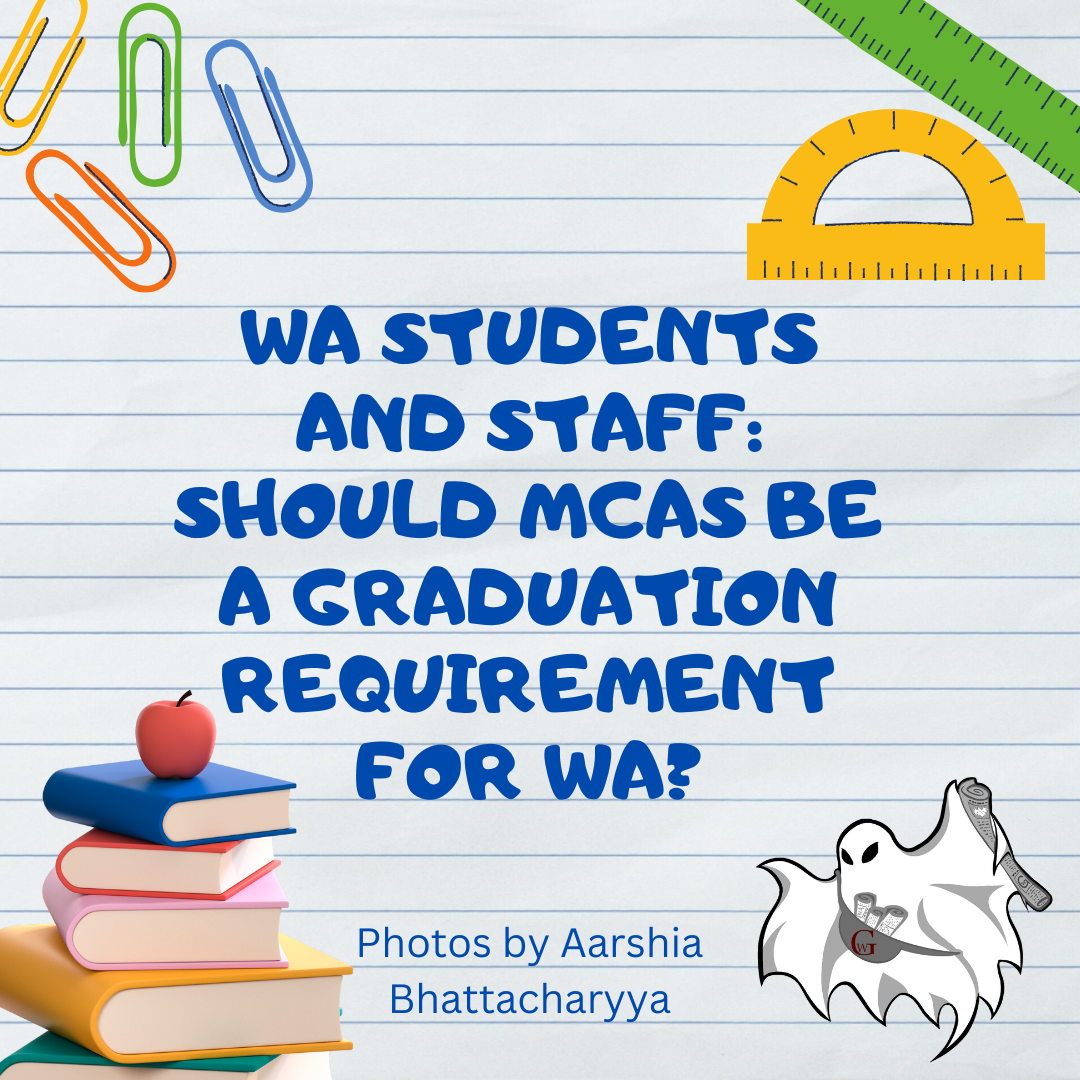

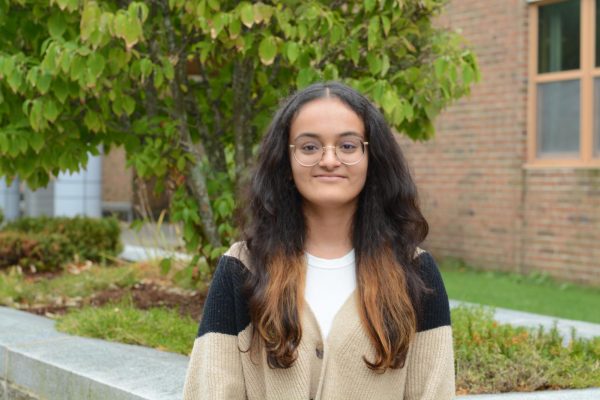
Ryan • May 17, 2024 at 12:06 am
Great article. I am late but you say 40% of the town cannot vote? Might be reading that incorrectly.
Aarshia Bhattacharyya • May 17, 2024 at 4:27 pm
Hi! Thank you for the kind words! I said that 40% of Westford Academy’s students are people of color, which suggests that many of their parents may not be citizens and therefore will not be able to vote. Hope this helps!
Anonymous • May 12, 2024 at 3:41 pm
Great article, totally agree!! Recommend redoing the vote!
icareabouttmytown • May 12, 2024 at 11:07 am
Great article. Makes you wonder why we do not raise it up to our governor. This is not about electing the POTUS – this is about the future of your school – a local matter – that does not involve national security. This should be allowed.